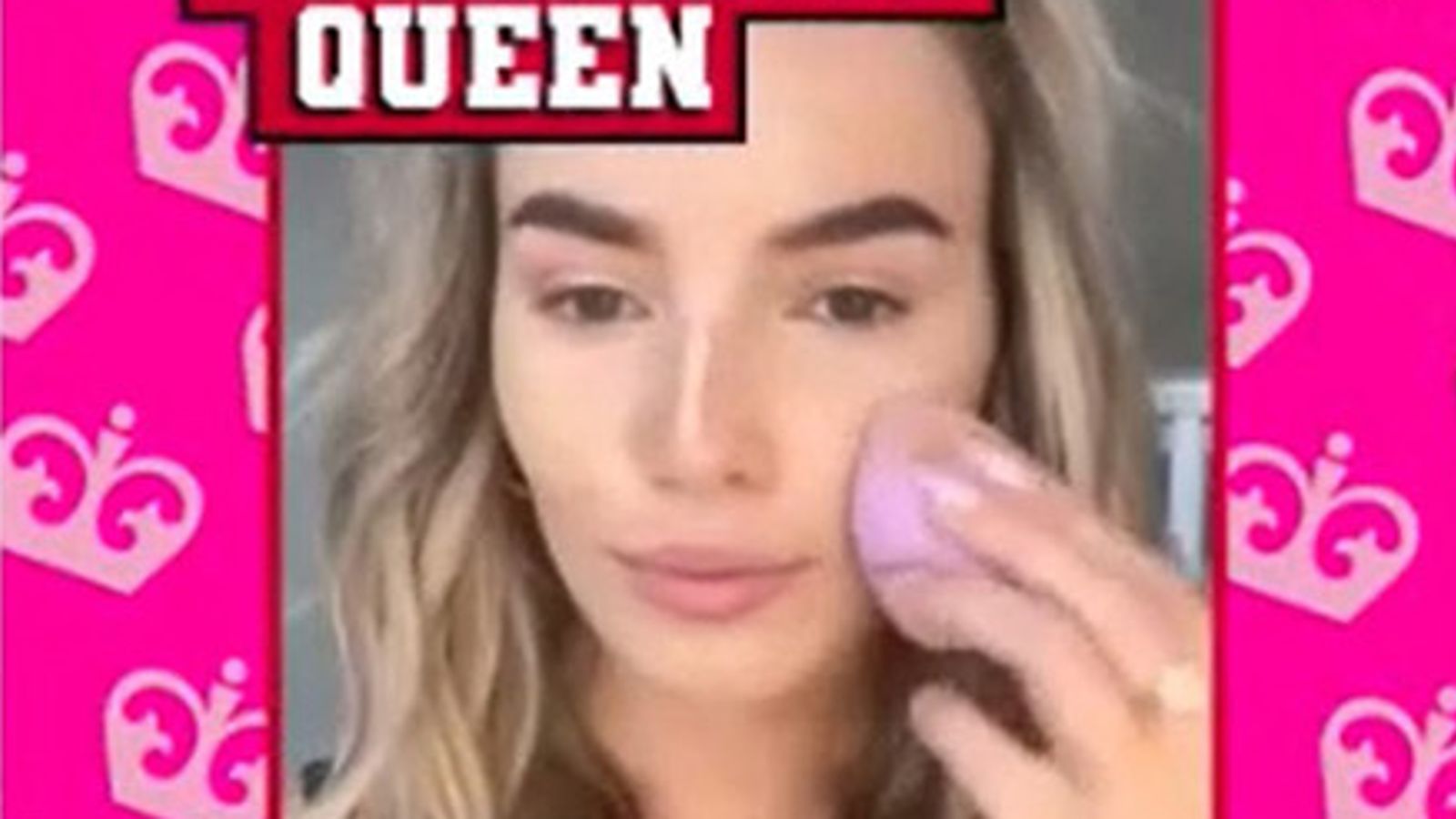Rimmel London advert banned for implying girls need make-up to succeed


An advert for Rimmel London has been banned for suggesting to girls that it’s necessary to wear make-up at school to succeed.
The Facebook advert read: “Get ready to slay this back-to-school season. Get 25% off Multi-Tasker Concealer and other Rimmel faves…”
It included a video of 25-year-old influencer and former Love Island star Lana Jenkins applying make-up.
Two people complained the ad, which was seen in September, was irresponsible, suggesting that girls were only ready for a new school year if they wore make-up.
The Advertising Standards Authority (ASA) has ruled it must not appear again on the grounds that it “had the effect of playing on young girls’ insecurities about their appearance”.
Coty UK, which trades as Rimmel London, said the ad was part of its Back to School campaign but “in no way” communicated a need to wear make-up.
It said it targeted women aged 18 to 35 who were interested in cosmetics, beauty, fashion and make-up.
It added that the wording, “Get ready to slay this back-to-school season” was intended to motivate and build confidence, not prey on young girls’ insecurities.
But the ASA said the words “back-to-school season” would primarily be understood by viewers as referring to the time of the year when students returned to senior school or sixth form college after the summer break and would appeal to them.
Advertisement
Particularly, it said, when taken in conjunction with the ad’s vibrant pink colour scheme, books and star emojis, as well as the fluffy pink pen held by Jenkins in the video.
Read more on Sky News:
Ariana Grande says she used Botox in the past to ‘hide’
Cosmetic infidelity: Is your partner doing it?
The ASA said: “We considered that the use of the word ‘slay’ in the claim ‘Get ready to slay this back-to-school season’ implied that girls or young women were more likely to succeed or do well when they went back to school if they wore make-up, in this case a concealing and contouring product.
“We considered the ad had the effect of playing on young girls’ insecurities about their appearance and therefore concluded it was irresponsible.”